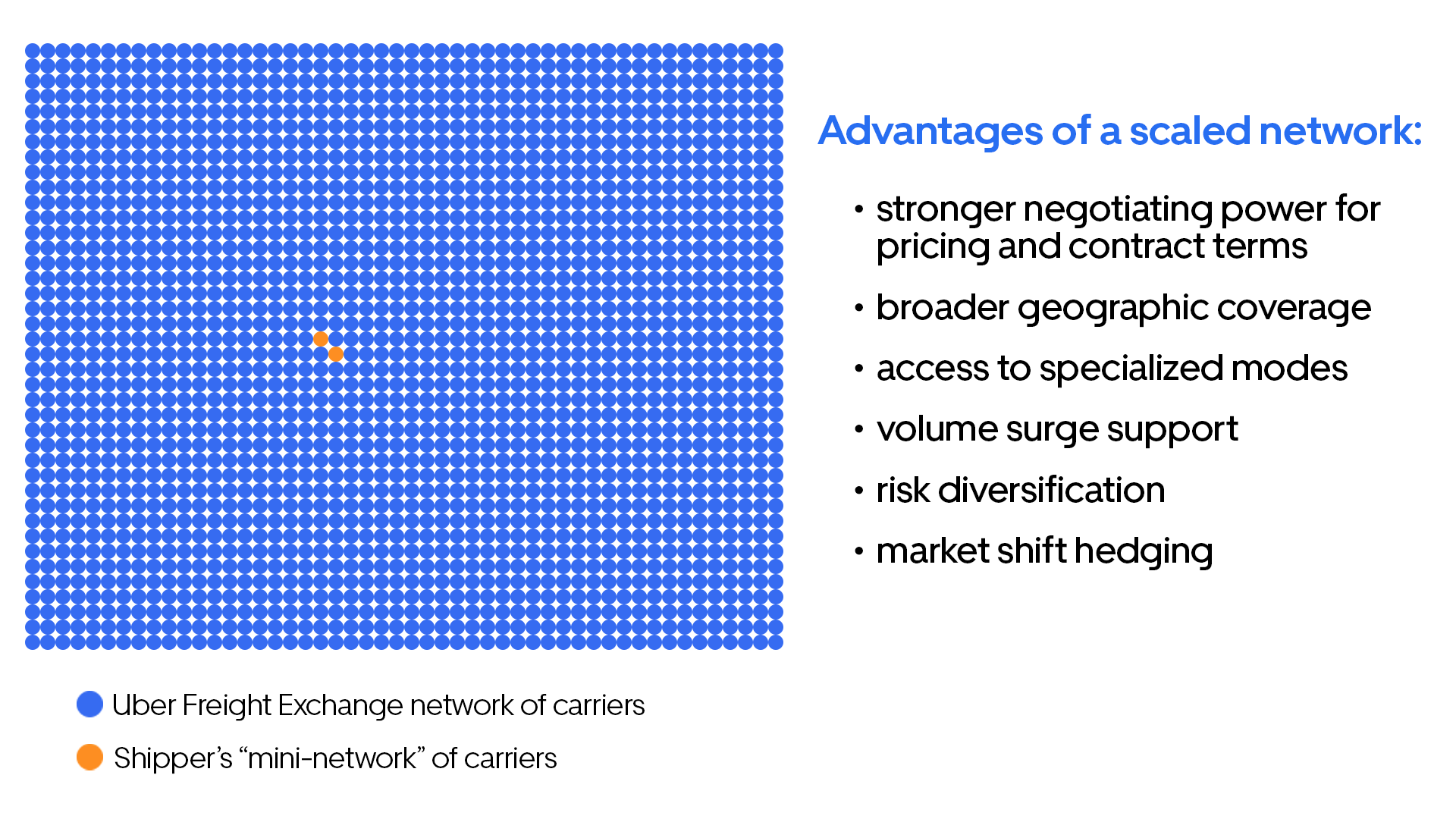Specialized Risk Competitions
In today’s dynamic environment, specialized risk competitions have emerged as a vital component for various sectors, from finance to technology and even health care. These competitions serve as a platform for individuals and organizations to assess their capabilities, develop innovative solutions, and push the boundaries of what is possible. With a keen focus on the potential risks and rewards, participants can gain invaluable insights into their fields while showcasing their prowess.
As businesses and industries continue to evolve, the need for specialized competitions that address unique risks grows. This article will explore the concept of specialized risk competitions, their benefits, examples from various fields, and how to effectively participate in them.
From the very beginning, we will discuss the fundamental concept of risk competitions, diving into their structure and format, followed by understanding their significance in different industries. We will also analyze the skills participants can develop through these competitions.
Whether you’re an aspiring competitor or a seasoned professional seeking to connect with industry experts, this article is tailored for you!

Understanding Specialized Risk Competitions
Specialized risk competitions are contests designed to challenge participants in a focused area where risk assessment and management are critical. These competitions are structured to simulate real-world scenarios, allowing teams to innovate and implement risk mitigation strategies effectively. The following are key elements associated with these competitions:
- Problem Solving: Participants often face complex challenges that require analytical thinking and strategic planning.
- Collaboration: Teamwork is essential as many competitions encourage collaboration among participants with varied skills.
- Exposure to Experts: These events often feature industry experts who provide mentorship and guidance during the competition.
The Importance of Specialized Risk Competitions
Risk competitions serve multiple purposes, including:
- Skill Development: Participants can enhance their problem-solving, analytical, and teamwork skills.
- Networking Opportunities: The competitions attract professionals from various sectors, enabling valuable networking.
- Recognition: Winning or participating can lead to increased visibility and career advancement opportunities.
Types of Specialized Risk Competitions
Specialized risk competitions vary across industries, reflecting distinct challenges and objectives. Here are some notable examples:
1. Financial Risk Challenges
In the finance sector, competitions often require teams to identify and mitigate financial risks associated with investments. Participants use data analysis and risk assessment techniques to propose robust investment strategies. An example includes:
- FinTech Risk Assessment Challenge: This competition invites teams to devise strategies addressing emerging risks in financial technology.
2. Technology and Cybersecurity Competitions
As technology advances, so do the risks associated with data breaches and cybersecurity threats. Competitions in this space focus on developing innovative cybersecurity solutions. Participants are challenged to create systems that safeguard sensitive data.
3. Healthcare Risk Management Competitions
The healthcare industry faces unique risks, from patient safety to regulatory compliance. Competitions in this domain invite teams to propose improvements in care delivery while managing risks associated with patient outcomes.
4. Environmental Risk Competitions
With the growing concern over climate change and environmental hazards, competitions aimed at developing sustainable solutions are becoming increasingly popular. Participants work on projects that mitigate environmental risks and promote sustainability.
How to Participate in Specialized Risk Competitions
Engaging in specialized risk competitions requires preparation and strategic thinking. Here are some essential steps to consider:
- Research Opportunities: Identify competitions that align with your interests and expertise.
- Assemble a Team: Collaboration is key; gather individuals with diverse skill sets and backgrounds.
- Develop Skills: Focus on enhancing relevant skills related to risk assessment and management.
- Create a Winning Strategy: Develop a clear approach to tackle the competition’s challenges effectively.
- Seek Guidance: Consider reaching out to mentors or industry experts for insights and advice.
Potential Challenges in Specialized Risk Competitions
While specialized risk competitions offer numerous benefits, they can also present challenges that participants must navigate:
- Time Constraints: Competitions often come with tight deadlines that can pressure teams to deliver quickly.
- Intense Competition: Participants may face off against skilled teams, making the competition fierce.
- Resource Limitations: Teams may have limited access to data or tools, impacting their ability to create effective solutions.
Tips for Success
To maximize your potential in these competitions, consider the following tips:
- Practice Effective Communication: Clear communication within your team can improve collaboration and efficiency.
- Stay Updated: Keep abreast of the latest trends and developments in your competition’s focus area.
- Embrace Feedback: Be open to receiving feedback from mentors and judges to refine your approach.
Conclusion
Specialized risk competitions present a unique opportunity for individuals and teams to grow, innovate, and showcase their expertise. These contests foster collaboration, enhance skills, and provide invaluable networking opportunities in today’s competitive landscape. By understanding the significance of these competitions and following best practices, aspiring competitors can position themselves for success. The fusion of creativity and strategic thinking in specialized risk competitions not only addresses actual industry challenges but also shapes the future of risk management.
Whether you’re drawn to finance, technology, healthcare, or environmental sustainability, engaging in these competitions can be a rewarding and enlightening experience. We encourage all readers to explore the multitude of opportunities available and partake in these enriching competitions.
For further insights into risk management competitions, you may want to read this article: Navigating Risk Management Challenges.
